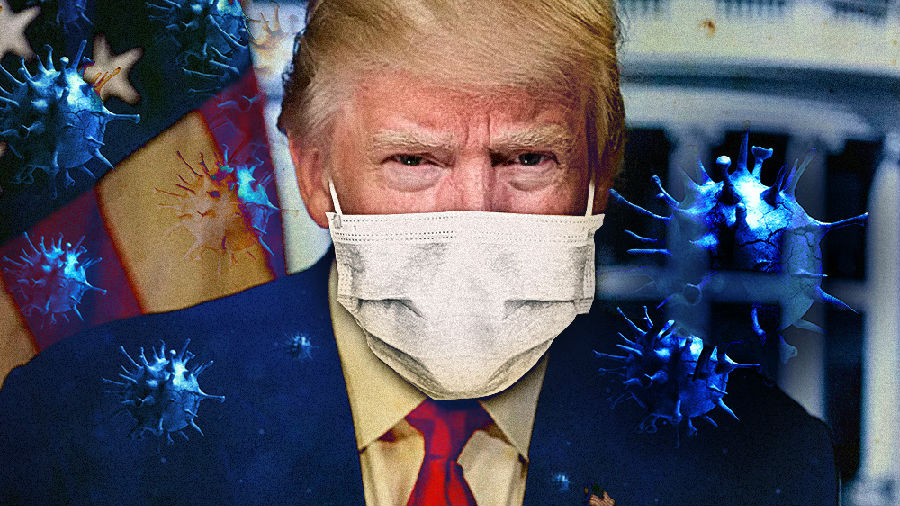JUDY WOODRUFF: The daily briefings at the White House do continue, but, tonight, there is new information on a key firing, allegedly pitting science against politics. Our Yamiche Alcindor is here with the latest. Yamiche, we did report earlier that a man who was working for the government in the vaccine division of the National Institutes of Health, working on a coronavirus response, says he's been retaliated against. What more are we learning about this?
YAMICHE ALCINDOR: That's right, Judy. Dr. Rick Bright says that he was abruptly dismissed from the agency within the Department of Health and Human Services. He said he was pushing for scientific-based studies. He said he wanted treatments that were going be vetted thoroughly, and not just treatments that President Trump liked, including that anti-malaria drug that has not been fully tested, but that the president has encouraged Americans to take. He says that he was moved from that position. And now his attorneys say that they're getting ready to file a whistle-blower complaint. They also say that he was retaliated against when he was moved out of his position. So, we have to watch this closely, but this doctor is making a lot of noise and saying that he's been treated unfairly by the Trump administration.
JUDY WOODRUFF: And, Yamiche, as always, I know the reporters are looking for information from the president on how the administration is managing this crisis. What more are you learning tonight?
YAMICHE ALCINDOR: Well, two big things happened at the briefing just -- that is still going on today. The first is that the director of the CDC came out to push back on a headline in The Washington Post that said that the second wave of the coronavirus could be more devastating. He said that he was quoted accurately. But it was a scene where you could see the president was essentially marching him out to attack The Washington Post's reporting. And the only issue that they had was, instead of the word devastating, it should have been they used the word difficult. So they're still saying that that Washington Post article is accurate. The second thing is that the president has now come out firmly against the governor of Georgia. He said that he doesn't agree with the Georgia governor opening up businesses, including salons and barbershops. He said he specifically spoke to the governor and said that he strongly disagreed with that. But he said, at the same time, the governor has to do what he thinks is right.

JUDY WOODRUFF: That is so interesting, Yamiche, given the Republican governor of Georgia, Brian Kemp. And just quickly, Yamiche, when the president -- when Dr. Redfield, who is the head of the CDC, made this clarification today, where did -- where was it finally left?
YAMICHE ALCINDOR: Well -- I'm sorry. You said, where was he...
JUDY WOODRUFF: How did he finally explain what happened? You said he changed it from devastating to difficult. Is that pretty much where it's left?
YAMICHE ALCINDOR: Yes, that's where it's left. He literally took issue with one word. And that was in the headline. He said that all of the reporting was accurate. So, even though he was pushing back on The Washington Post, this was really a copy editing issue, essentially, devastating vs. difficult. The point is that the second wave of this virus could still really kill a lot of people and infect a lot of people. And the director of the CDC stood by that statement. The president says he doesn't think it's going to happen, but he hasn't shown any evidence of that. What we have heard is that the health officials say that the second wave of the coronavirus could be just as deadly, if not more deadly, even though Dr. Fauci said that the U.S. might possibly be more prepared the second time around. So the president, though, is pushing back and saying, maybe this won't even happen, which, as I said, Judy, there's no evidence that there won't be a second wave.
JUDY WOODRUFF: So much attention focused on all of this. Yamiche Alcindor, thank you very much.
YAMICHE ALCINDOR: Thanks, Judy.













